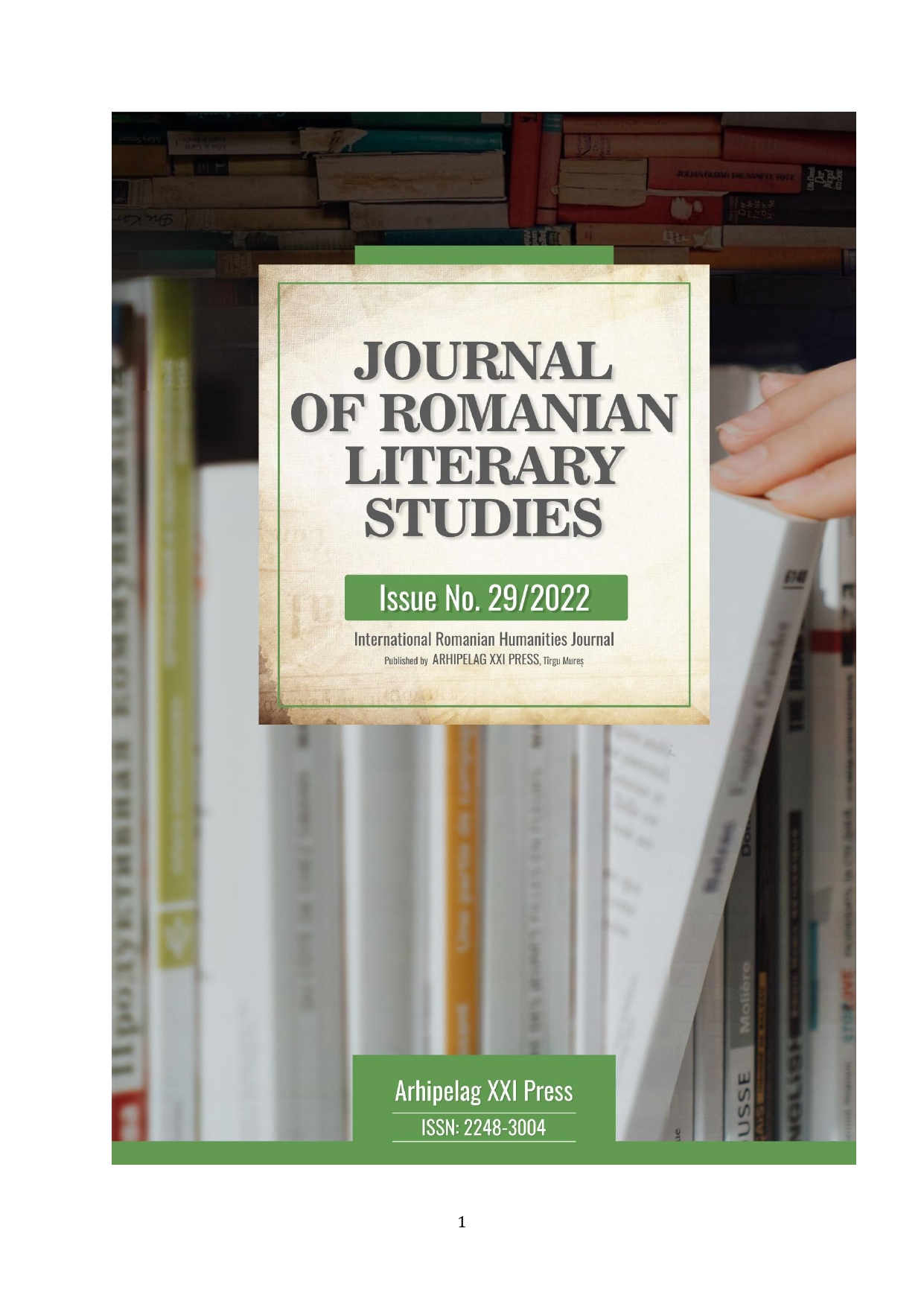FOLK LITERATURE OF THE HUTSUL MINORITY FROM BUKOVINA
FOLK LITERATURE OF THE HUTSUL MINORITY FROM BUKOVINA
Author(s): Constantin-Andrei PătrăuceanSubject(s): Customs / Folklore, Anthology, Ethnohistory, Romanian Literature, Cultural Anthropology / Ethnology, Culture and social structure , Philology, Theory of Literature
Published by: Editura Arhipelag XXI
Keywords: hutsuls; folklore; folk literature; legends; traditions;
Summary/Abstract: In this project, we aim to make a general approach to the folk literature of the hutsuls minority in Bukovina, in order to observe its specificity in the context of the multi-ethnic folklore existence of the population in Bukovina. In this regard, we have brought up hutsuls legends, proverbs and stories that capture the collective mind and symbols that still prove the hutsuls population's inclination towards mythology and archetype. First, we made a brief introduction that considers the presentation of the hutsuls minority from a historical and ethnofolkloric point of view, followed by a review of the importance of the existence of popular literature in Bukovina. From general to private, we analyzed some literary facts from the folk creations of the hutsuls: carols or doines of the dead, the specific song "Hutulca", spells for the sick, love spells, legends with outlaws, proverbs about village life, family relationships, etc. All this proves the existence of an ethnofolkloric space that tries to preserve the folkloric manifestations, even if the ethnofolkloric dynamism that the current society shows seems to offer a pessimistic image on the folklore. Especially at important events over the year or in their life, the hutsuls keep the traditions and customs, in which the story, poetry or song are key symbols without which the celebrations would not have the same meaning. The Hutus, especially the elderly, demonstrate, through the secluded life they lead in the mountains and their simple way of life, a return to archaic values and sacred time that Mircea Eliade frequently mentions in his studies.
Journal: Journal of Romanian Literary Studies
- Issue Year: 2022
- Issue No: 29
- Page Range: 526-533
- Page Count: 8
- Language: Romanian

